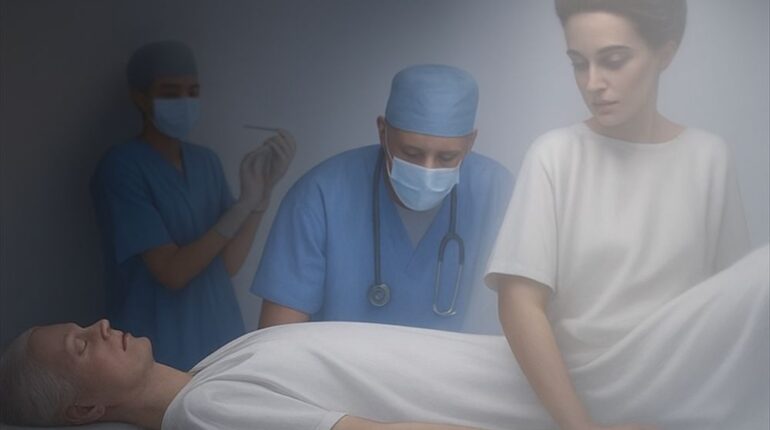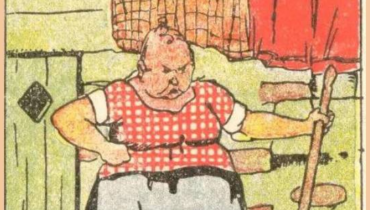📌 This is what happens after d3ath, according to this new scientific study.

Posted 13 September 2025 by: Admin
Death has always fascinated and unsettled humanity, but new evidence is reshaping our understanding of what may happen in those final moments.
For centuries, cultures and religions have speculated about life’s end. Modern science has long defined death as the permanent cessation of heartbeat and brain function. But a groundbreaking study now challenges the idea that consciousness stops instantly when the heart does.
Groundbreaking Research
Researchers from the University of Southampton, working with medical centers in the U.S., U.K., and Australia, studied more than 2,000 cardiac arrest survivors. These patients were clinically dead—without heartbeat or breathing—yet successfully resuscitated.
How the Study Was Conducted
Patients reported memories of hospital settings, voices, and even physical sensations experienced while their hearts had stopped. Astonishingly, several details were independently confirmed by medical staff, suggesting these perceptions were not mere hallucinations.
Consciousness After Cardiac Failure
The findings imply that awareness may persist briefly even after clinical death. This blurs the traditional boundary between life and death and suggests the brain may continue processing information after cardiac arrest.
Broader Implications for Medicine and Philosophy
Beyond refining resuscitation techniques, this research invites deep philosophical and spiritual reflection. Could near-death experiences have a physiological basis? Does consciousness rely entirely on the body—or does it extend further?
Reflection and Recommendations
- Emotional preparation: Confronting death can inspire gratitude and purposeful living.
- Support scientific inquiry: Encouraging objective research into near-death experiences broadens our collective understanding.
- Palliative education: Deeper knowledge of the dying process can improve care for terminal patients and their families.
- Interdisciplinary dialogue: Combining insights from science, spirituality, and philosophy can enrich our grasp of existence.
Rather than an abrupt end, **death may involve a transitional phase** where awareness lingers for moments beyond the final heartbeat. This insight reshapes medical practice and existential thought, encouraging us to approach life—and its mysteries—with renewed wonder.




















